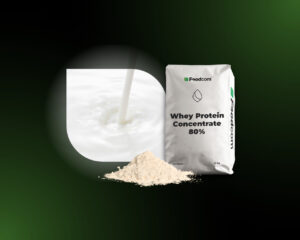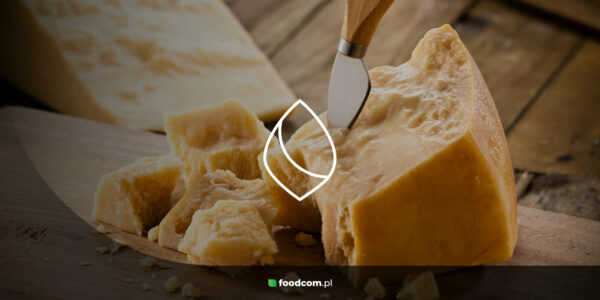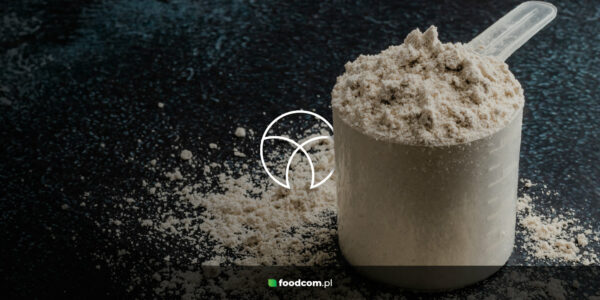- The cheese market is seeing sharp price increases across major varieties like Gouda and Mozzarella, with high demand outstripping reduced production levels.
- Skimmed milk powder prices are on an upward trajectory, reflecting a robust demand for both food-grade and feed-grade products.
- Tensions between the EU and China are escalating, with China investigating European dairy subsidies, potentially impacting significant Irish dairy exports amidst broader trade disputes.
Hello Partners!
Welcome back to our Newsletter!
As the third quarter of the year advances, the dairy sector is experiencing notable fluctuations. This newsletter delves into the latest trends and pricing data across various categories, including skimmed milk powder, cheeses, dairy fats, and whey products. We also explore significant developments affecting the industry, from geopolitical tensions influencing European exports to innovative approaches in Spain aimed at reducing methane emissions in dairy production.
Let’s take a look at what else is happening in the dairy market!
Skimmed Milk Powder
Prices for skimmed milk powder for food are on the rise. Currently, prices start at 2400 EUR/MT, with future trading expected to be between 2500-2600 EUR/MT. Based on concentrate, the cost is predicted to exceed 2600 EUR/MT, signaling further price increases in the coming months.Meanwhile, demand for feed-grade skimmed milk powder is also growing, with customers willing to pay 2350 EUR/MT for September deliveries.
Cheeses
The global cheese market is grappling with significant price increases across major varieties like Cheddar, Emmental, Gouda, and Mozzarella. This price surge is particularly notable in the Gouda market, where Q4 prices are anticipated to reach 4500-4600 EUR/MT, with producers pausing offers due to high demand. Mozzarella is also expected to remain at elevated levels for Q4, driven by strong demand and significant interest in the market. In the last two weeks alone, Mozzarella prices have increased by 200 EUR/MT.
A sharp decrease in European cheese production exacerbates the situation, creating a pronounced supply gap as consumer and commercial demand continues to rise. The cheese industry braces for more challenges as Q4 approaches, with the market expecting further escalations in price, especially if dairy commodities like butter persist in their upward price movement.
Fats
Butter prices have risen above 7700 EUR/MT FCA, with September and October trades observed at 7850 EUR/MT. Based on cream prices, butter should cost above 8100 EUR/MT. This could pose issues for those who are long on butter futures but short on physical butter in Q4.
Butteroil and AMF continue to mirror the upward trend of butter, with their prices rising for yet another consecutive week.
Liquids
Cream prices have skyrocketed, reaching 9500-9750 EUR/MT FCA DE. Demand remains strong, likely due to a shortage of butter in the retail market, forcing producers to purchase additional cream. This situation is expected to be both costly and challenging for producers trying to meet the increasing demand.
Prices for skimmed milk concentrate continue to firm up. Reports indicate prices around 2250-2350 EUR/MT FCA, reflecting a further strengthening of the market. This increase could be linked to rising demand for dairy products across various industry sectors.
This week saw a significant increase in spot milk prices, which are currently at around 560-600 EUR/MT in Europe. The steady upward trend reflects strong demand for milk across the market, underscoring its growing value.
Whey powders
Prices for sweet whey powder (SWP) for feed in Bulk DAP NL have seen a significant increase. Spot prices are currently at 820 EUR/MT, while Q4 forecasts indicate a range of 880-900 EUR/MT. For Q1 of next year, prices are expected to rise further to 925-935 EUR/MT. This sharp increase suggests growing demand and limited supply in the market.
Sweet whey concentrate prices remain unchanged, holding steady at 450-500 EUR/MT FCA. This stability reflects a relatively balanced supply and demand in the European market for this product.
WPC80 Regular are continuously on the rise, currently exceeding 9500 EUR/MT. Some traders are even reporting prices as high as 10 000 EUR/MT FCA. The demand for WPC80 Instant remains very high, while availability is limited, further driving up prices. It is anticipated that prices will continue to increase in the near future.
What else?
Asia
China has launched an investigation into subsidies on cheese, milk, and cream from the European Union, impacting Ireland’s dairy sector, which exported nearly $50 million of these products to China last year. This move is widely seen as retaliation for the EU’s proposed anti-subsidy duties on Chinese-made electric vehicles (EVs). Irish dairy farmers fear becoming collateral damage in this trade dispute. As China targets EU agricultural exports, there is growing concern that the situation could escalate, with products like infant formula potentially next in line. The European Commission is monitoring the situation closely as tensions rise ahead of a critical vote on EV tariffs in October.
Europe
A recent trial conducted in Spain has demonstrated that incorporating bypass proteins into dairy cow diets can significantly reduce methane emissions, a major contributor to climate change. The study, involving 250 Holstein cows, found that RaPass, a bypass protein derived from rapeseed, not only improved milk yield by 2.8 kg per cow per day but also decreased methane intensity by 10.4%. RaPass outperformed other protein supplements like SoyPass and SoyPreme in enhancing nutrient digestibility and promoting a healthier milk fatty acid profile. The research highlights RaPass as a sustainable alternative to soybean meal, offering substantial environmental benefits by reducing methane emissions and contributing to a lower carbon footprint in dairy farming.

![Cheese, cream, and controversies: the current state of dairy affairs [233nd Edition of Foodcom DAIRY Newsletter] Cheese, cream, and controversies: the current state of dairy affairs [233nd Edition of Foodcom DAIRY Newsletter]](https://foodcom.pl/wp-content/uploads/2024/06/Foodcom_SA_Dairy_Newsletter_4-1520x760.jpg)


![Cheese market review 2026 [Global Report] Cheese market review 2026 [Global Report]](https://foodcom.pl/wp-content/uploads/2024/07/Global-Report-Przeglad-rynku-sera-2024-600x338.jpg)



